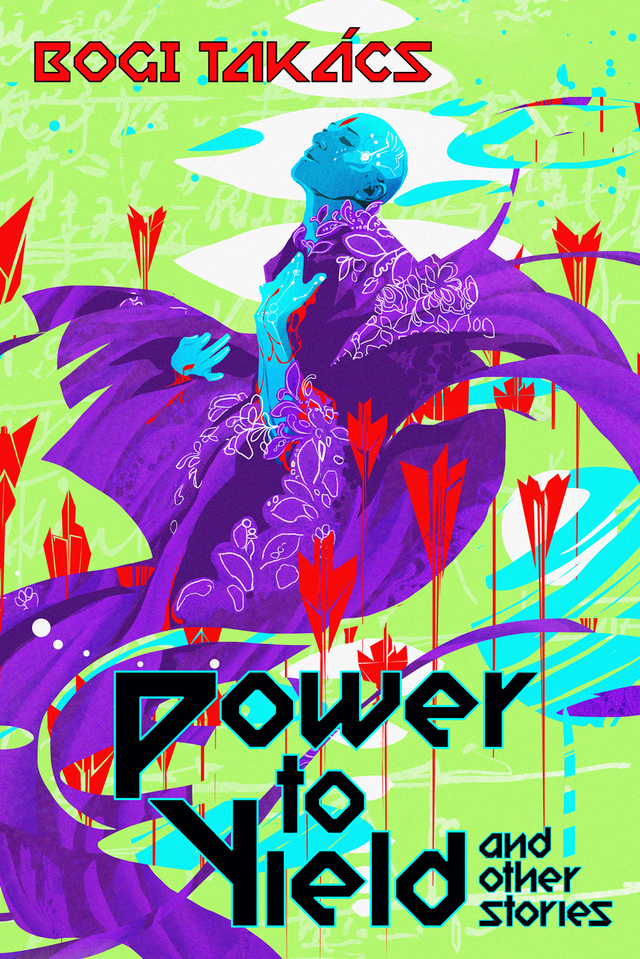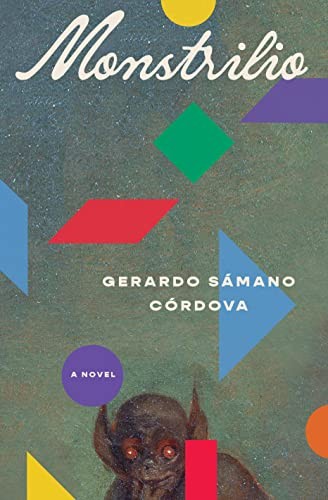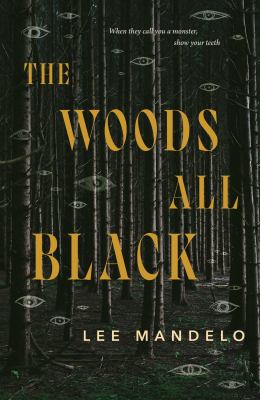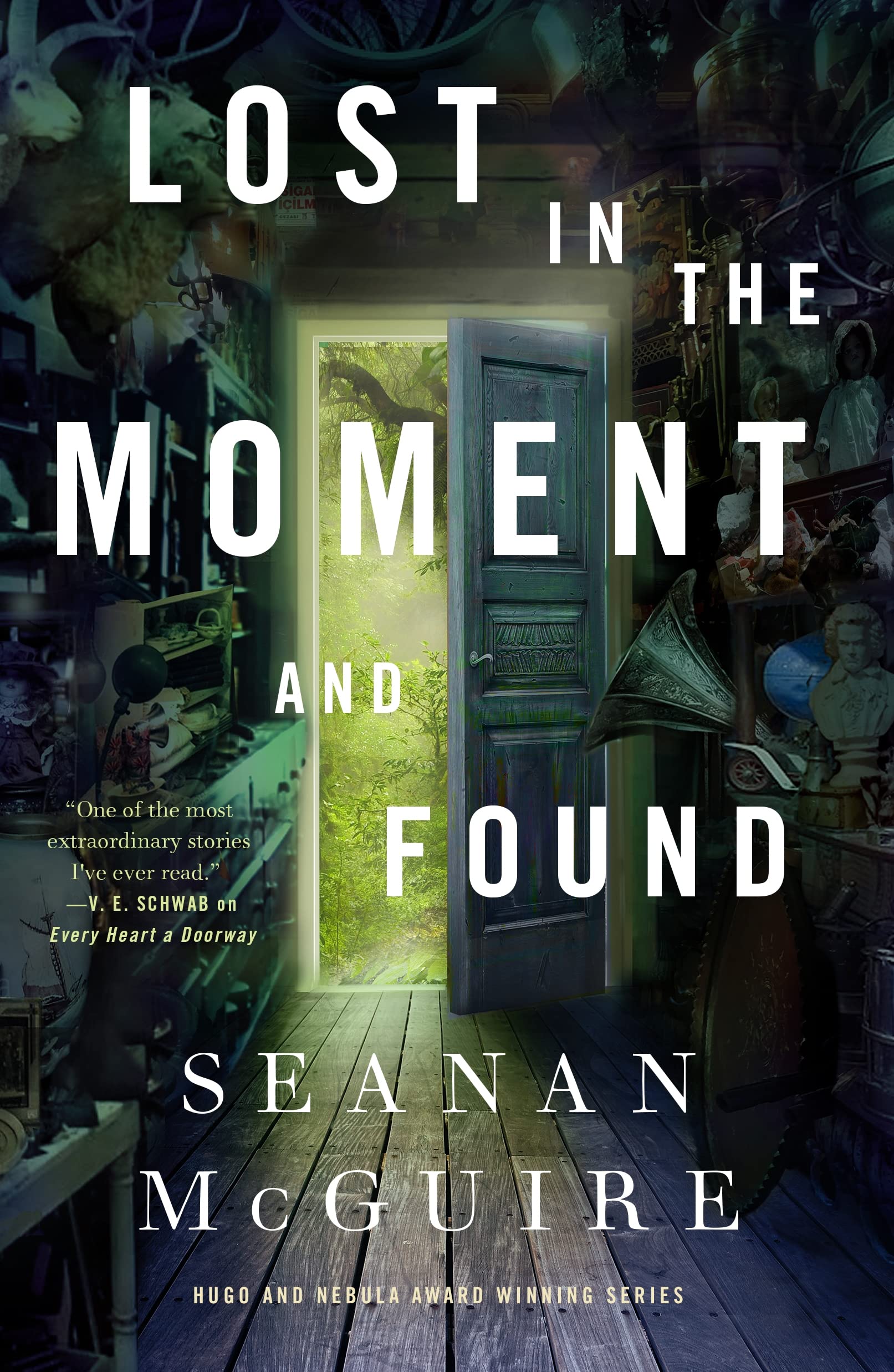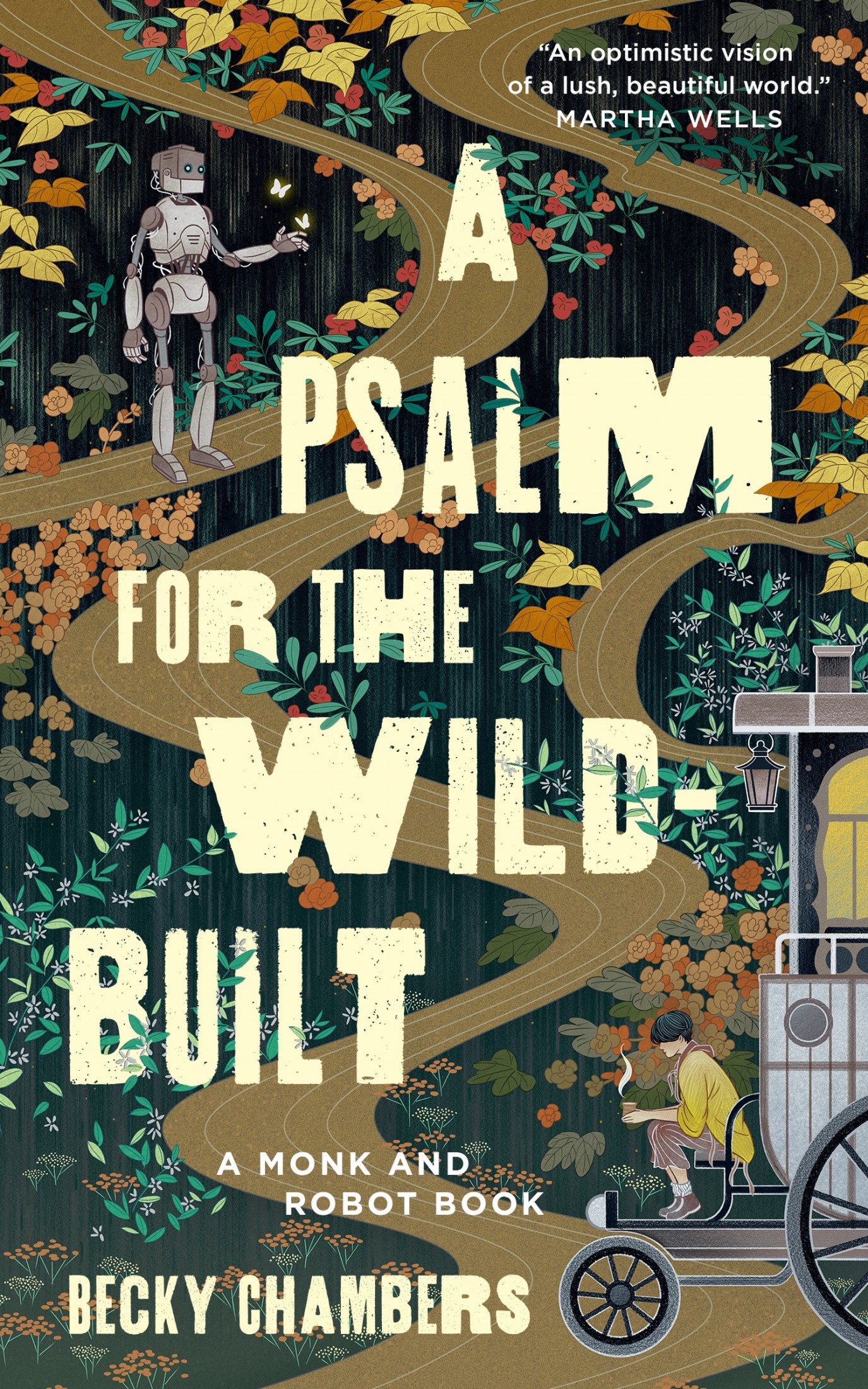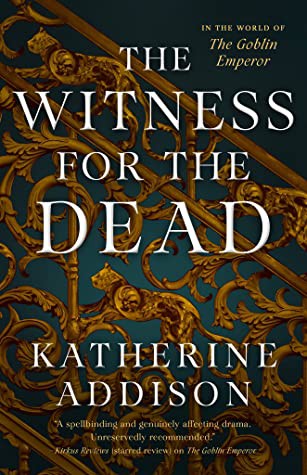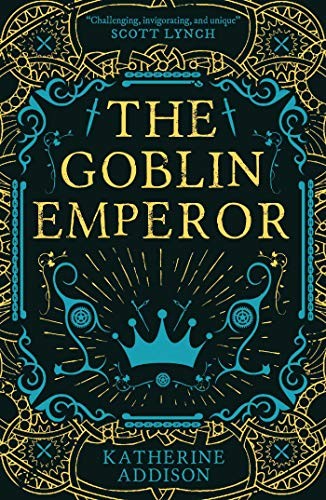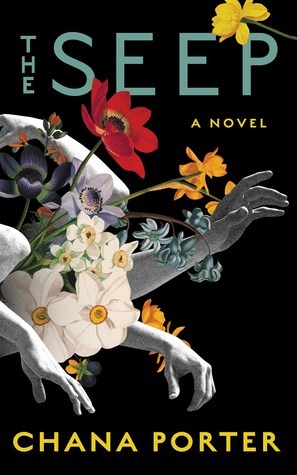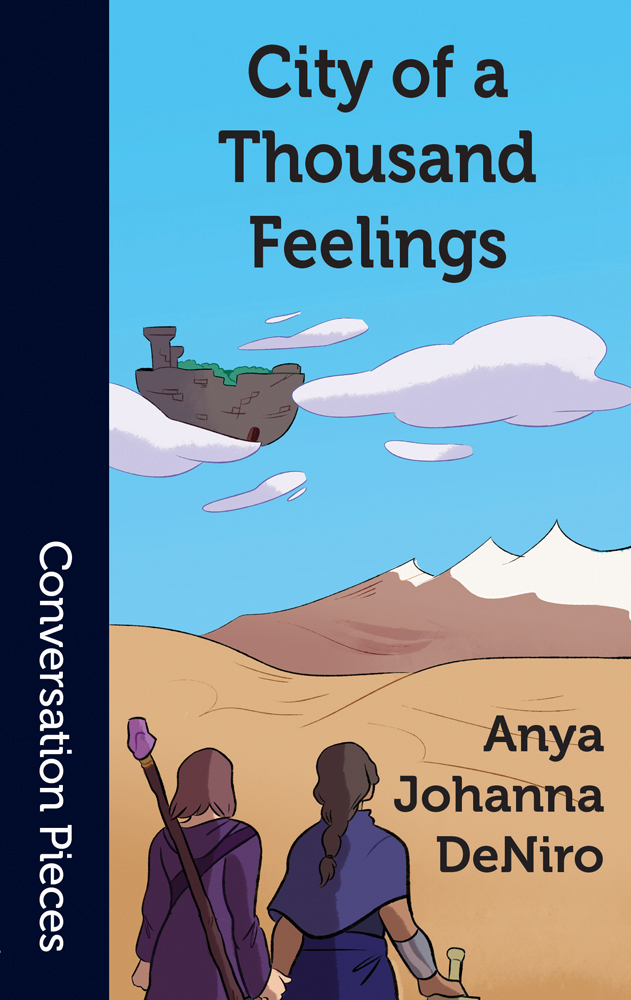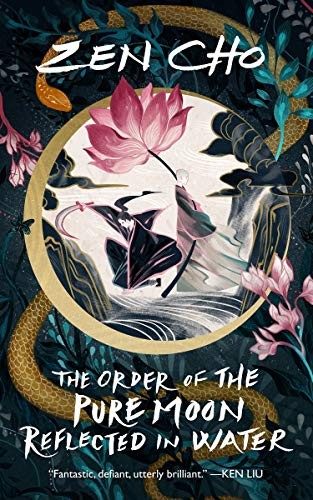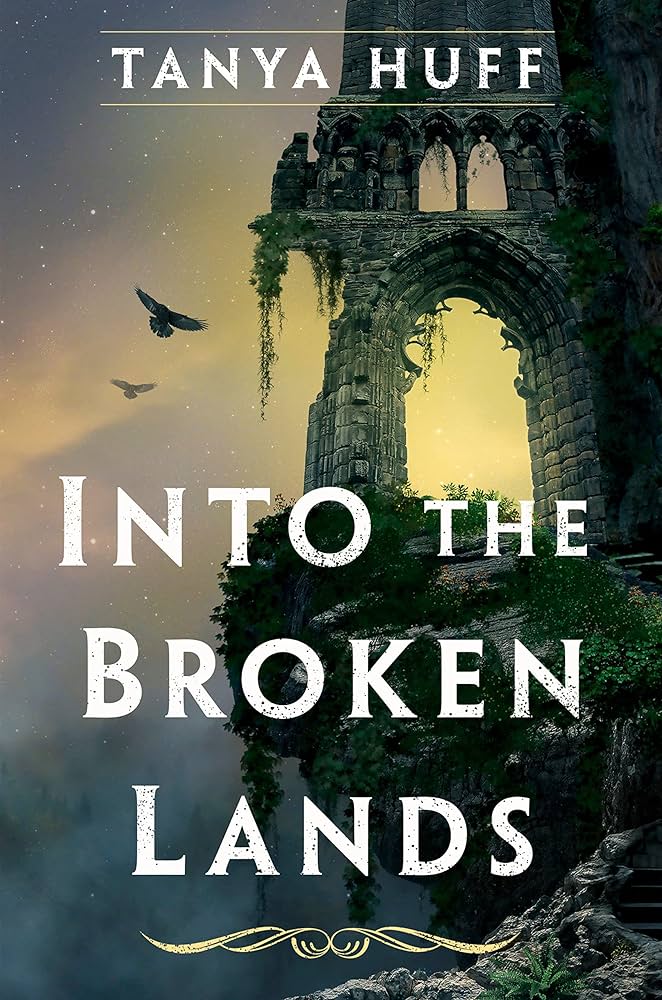This short novel is about "the softest invasion" of earth, by an alien lifeform called The Seep that infiltrates the drinking water and causes humans to hear each other's thoughts, feel joy and peace, gain immortality, and also be able to magically transform themselves and the world around them. The Seep loves humans (like an overprotective parent) and wants to help humans create a perfect world (whatever that means).
But, if anything, this soft-but-creepy invasion by the Seep is more of a backdrop to the narrator Trina's own grief, and her anger about changes in the world. The arc of the book is mostly a very personal one focused inwardly on the narrator; the climax of the book, even as it is very explicitly a confrontation with The Seep itself is ultimately an internal and emotional one.
The Seep is a neat alien overall and was a lot of fun to read, especially as most of what we see of it is not some on page monster but instead is only visible through the changed interactions of other humans. And, I like a book complaining about capitalism as much as the next person, but it was also refreshing to have this book magically wave past such problems into some further future with its own issues.
The fact that humans are able to suddenly understand each other's feelings and suffering via the Seep turns the world into a (terrifying?) neverending therapy processing session. Some of this reminds me of the vibes of Lois McMaster Bujold's Shards of Honor, where Cordelia goes back to Beta Colony and is constantly harassed about therapy until she escapes. I think The Seep's patience and implacability also remind me some of the Oankali in Lilith's Brood, where they hold all the cards and think they know best for humans.
The main character is a butch trans woman who laments the wild clothing and appearance changes that the rest of the world goes through, feeling lost about how to be butch and what feels comfortable for her in these new spaces. And maybe this is spot on for Trina herself, who is mostly just angry about change as a character trait, but at one point there's a line: "She’d fought and kicked and clawed to have her insides match her outsides, and now people changed their faces as easily as getting a haircut." Mostly this was jarring to me because universally most trans folks I know would be overjoyed for others to more easily be able to change their bodies.
Overall, this had some really neat ideas, wrapped up with a good emotional arc, and I enjoyed it quite a bit.
I read this because it's on the Otherwise Award's 2020 Honor List: otherwiseaward.org/award/2020-otherwise-award/2020-honor-list

